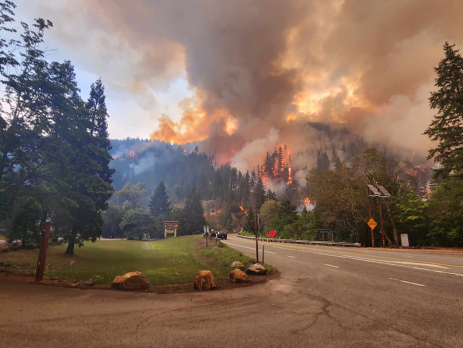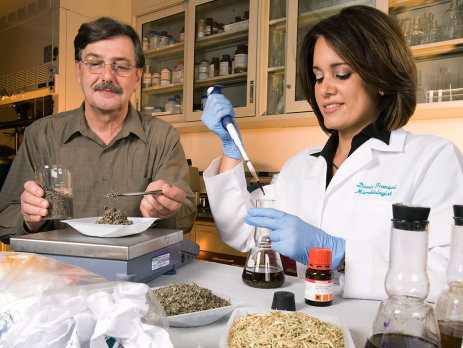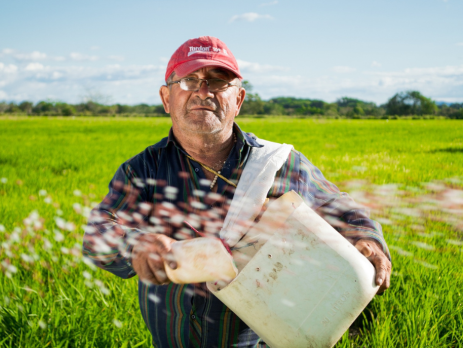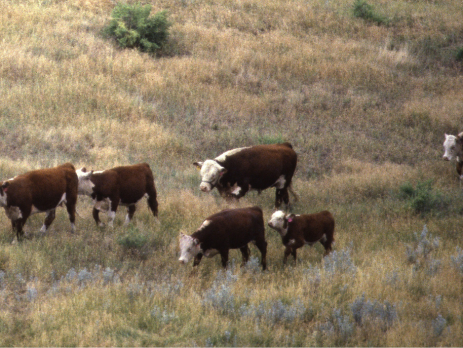Region
Timely wildfire loss data supports rapid recovery for residents, businesses in northern California
Starting on Aug. 15, 2023, the Smith River Complex fires burned almost 100,000 acres in Del Norte County in northern California. The lightning-sparked fires knocked out the main power line to the small, rural county. On average, residents and businesses were without power for six days. Property burned and food spoiled. To help the community recover some economic losses, University [...]

























